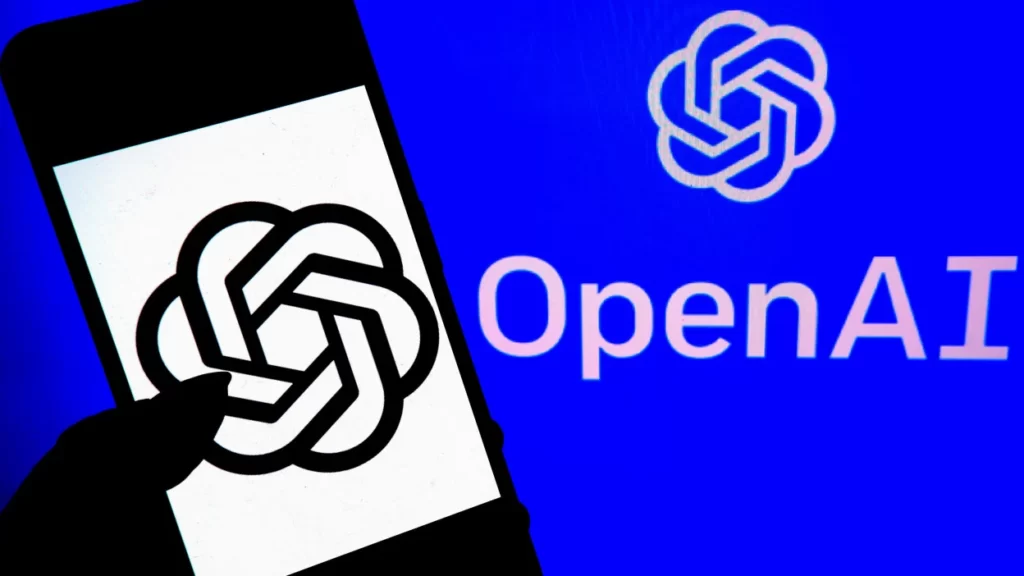The OpenAI preparedness team will be devoted to discovering uncommon AI issues and navigating solutions for advancement in the AIGen world.

OpenAI, a prominent artificial intelligence research laboratory, has announced the “AI Preparedness Challenge,” a unique competition for individuals to identify and develop solutions to prevent the misuse of artificial intelligence.
This challenge was announced on October 26, alongside the formation of an “AI preparedness” team tasked with identifying, securing, and predicting methods to prevent the widespread use of AI. OpenAI stated this effect:
“The team will help track, evaluate, forecast, and protect against catastrophic risks spanning multiple categories including individualized persuasion, cybersecurity, chemical, biological, radiological, and nuclear (CBRN) threats, autonomous replication and adaptation (ARA).”
Concerning the AI preparedness challenge, individuals or teams can receive $25,000 in API credit. Notably, the tech companies have announced a prize for the first ten teams that can identify uncommon catastrophic AI flaws and propose innovative solutions to mitigate those risks.
OpenAI Preparedness Challenge
The most essential aspect of this Open AI preparedness challenge is that only ten submissions will receive API credits for evaluating rare catastrophic issues and AI misuse.
Additionally, there will be an opportunity for additional submissions. According to the tech creators, those who submit new ideas, proposals, or other valuable solutions for AI enhancement will, if chosen, be credited on their website.
The challenge announced by the OpenAI AI readiness team is also a golden opportunity for those who may be selected to join the ideal team led by Aleksandr Madry.
OpenAI’s Mission With The Preparedness Team
With the AI preparedness team, the artificial intelligence research center aims to cover various categories, such as individualized persuasion, cybersecurity, and managing chemical, biological, radiological, and nuclear (CBRN) domain-related threats.
In addition, the team will investigate issues on autonomous replication and adaptation (ARA). OpenAI’s approach centers on identifying and mitigating the dangers of cutting-edge AI models.
In this era of technological sophistication and rapid AI development, these AI models hold enormous potential for advancing humanity. However, they also pose severe and complicated risks, necessitating meticulous planning and precautions.
